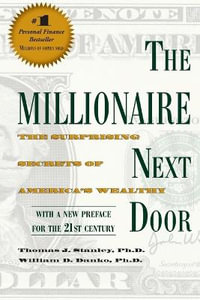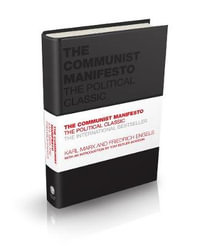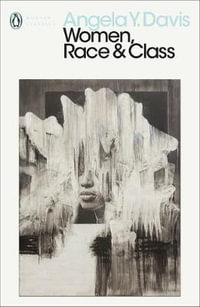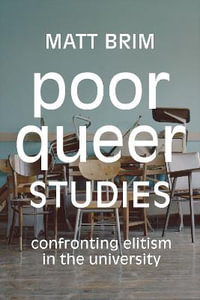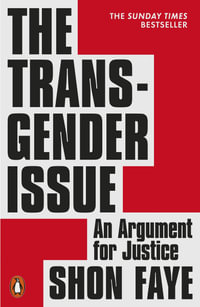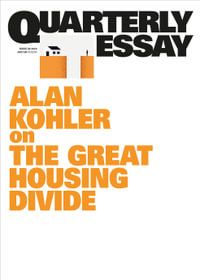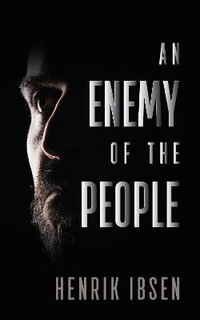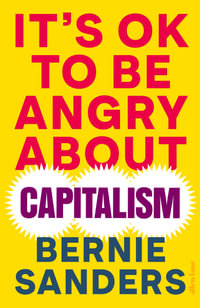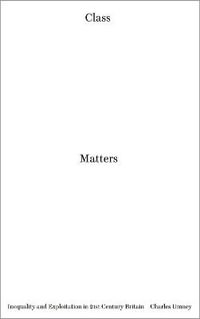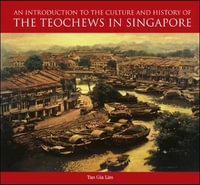??????Seeds 2 documents economically viable projects borne from women's own initiatives and solidarity in Ecuador, Ethiopia, India, Mozambique, Nepal, Sudan, Thailand, the United States, and Zambia. These projects illustrate both the potential for and the difficulties of translating the rhetoric of economic development into meaningful lives for women.
??????When the population of Port Sudan leapt from 50,000 in 1956 to half a million in the 1980s, a small-scale enterprise program was initiated to aid the poorest residents-women and men-in saving, expanding, and making succesful the small businesses that supported them and their families. The Port Sudan case study presents the stories of henna decorators, tailors, and tea sellers, and the strategies that enabled them to offer greater services to their growing community, and at the same time insure their own livelihoods.
??????In Ecuador, Ethiopia, and Nepal, UNICEF??developed child care programs-with an emphasis on health, nutrition, and education-taking into account the needs of three groups: working mothers, infants and young children, and child care providers. In order to succeed, UNICEF took??the lead from existing child care programs tailored to women's needs-for example, the "mobile creches" in India which are located at construction sites for female construction workers. These and other development projects are detailed in accesible case studies that provide context, the impetus for and the instituting of projects, the effects??on the communities, and plans for the future.
??????The analyses of these projects in the introduction and afterwords for this volume evaluate various strategies aimed to increase women's accessto??land, labor, and credit markets; to increase women's??participation in community institutions that guide development; to provide child care, health care, and other??support services; and to organize women for collective action and political participation.
??????
Industry Reviews
"The stories in Seeds 2 offer valuable descriptions of good programs struggling with real problems. They are practical, insightful organizing tools for those seeking to empower women around the world. The question is never can it be done, but rather how to do it!" --Jane Fonda, actor and activist "Documenting women's progress in thought and action in shaping their own destinies and moving from the 'beneficiary' mentality to involving women in agenda setting, Seeds 2 should be required reading for all developmental professionals and international activists." --Arvonne Fraser, author of U.N. Decade for Women: Documents and Dialogue "The stories in Seeds 2 offer valuable descriptions of good programs struggling with real problems. They are practical, insightful organizing tools for those seeking to empower women around the world. The question is never can it be done, but rather how to do it!" --Jane Fonda, actor and activist "Documenting women's progress in thought and action in shaping their own destinies and moving from the 'beneficiary' mentality to involving women in agenda setting, Seeds 2 should be required reading for all developmental professionals and international activists." --Arvonne Fraser, author of U.N. Decade for Women: Documents and Dialogue "The stories in "Seeds 2" offer valuable descriptions of good programs struggling with real problems. They are practical, insightful organizing tools for those seeking to empower women around the world. The question is never can it be done, but rather how to do it!" Jane Fonda, actor and activist "Documenting women's progress in thought and action in shaping their own destinies and moving from the 'beneficiary' mentality to involving women in agenda setting, "Seeds 2" should be required reading for all developmental professionals and international activists." Arvonne Fraser, author of "U.N. Decade for Women: Documents and Dialogue""






